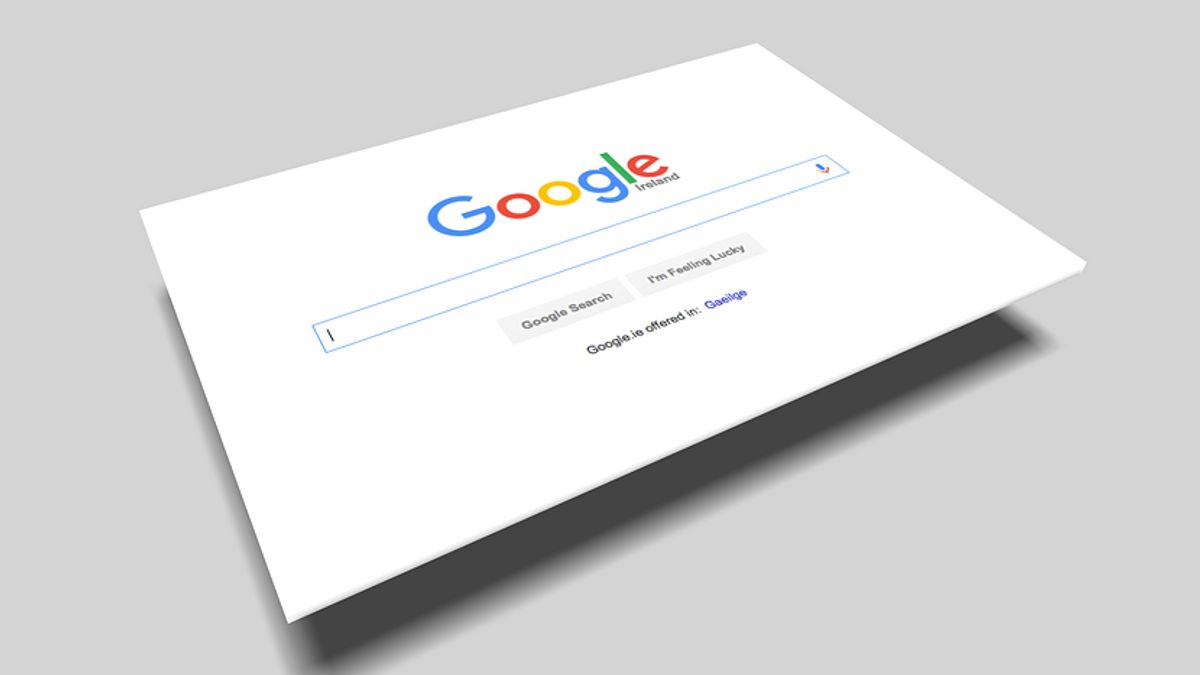JAKARTA - Google's search engine collects data about users who think they can be anonymous if they use "private browsing" mode. This was claimed by Texas Attorney General Ken Paxton on Thursday, May 19, who filed an amended privacy lawsuit against the Alphabet Inc unit.
Texas, Indiana, Washington State and the District of Columbia filed separate lawsuits against Google in January in state court for what they called deceptive location tracking practices that invaded user privacy.
The Paxton complaint adds Google's Incognito mode to a lawsuit filed last January. Incognito mode or "private browsing" is a web browser function that Paxton says implies that Google will not track search history or location activity.
The lawsuit says Google offers a "private browsing" option that could include "viewing highly private websites that may show, for example, their medical history, political persuasion, or sexual orientation. Or maybe they just want to buy a surprise gift without the gift recipient being notified." by a barrage of targeted ads."
The lawsuit says "in fact, Google is deceiving (because it has) collected various personal data even when users have used Incognito mode."
SEE ALSO:
Google did not immediately respond to a request for comment from Reuters about the lawsuit. In January, they said "the attorney general brought a case based on inaccurate claims and outdated statements about our settings. We're always building privacy features into our products and providing robust controls for location data."
Paxton previously accused Google of misleading consumers by continuing to track their location even when users tried to prevent it.
Google has a "Location History" setting and notifies users if they turn it off "the places you visited are no longer stored," the Texas attorney said.
In January an Arizona judge ruled that allegations that Google deceived users with obscure smartphone location tracking settings should be weighed by a jury. They also refused to drop a lawsuit filed by the state's attorney general.
The English, Chinese, Japanese, Arabic, and French versions are automatically generated by the AI. So there may still be inaccuracies in translating, please always see Indonesian as our main language. (system supported by DigitalSiber.id)















